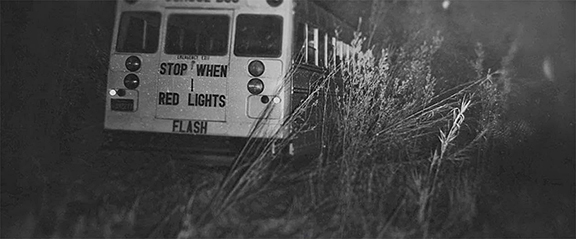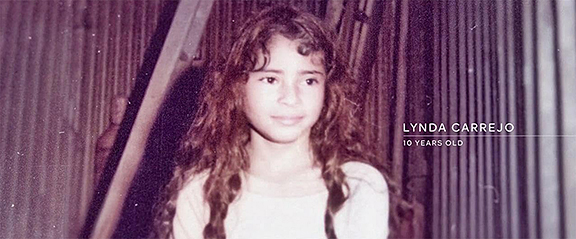Chowchilla
The true-crime genre has never been more popular, and each passing week provides viewers with countless titles to explore. With a market that is overly saturated, it is simply impossible to consume everything that is available. The docu-series exploded when titles like MAKING A MURDERER and THE JINX revolutionized the way we consumed our crime stories, and because of this, extensive narratives have become the go-to method by which audiences are entertained. There are still times, however, when a solid, enthralling, tight two-hour tale finds a way to be just as profound and impactful. This is certainly the case with CHOWCHILLA, now streaming on Max.

In 1976, the small town of Chowchilla, Texas was rocked by one of the most bizarre, brazen, and terrifying kidnapping cases in history. On a summer day just like any other, men with stockings covering their faces assailed a school bus. Armed with shotguns, they boarded the bus, and when two vans pulled up to the emergency exit, they forced the driver and all of the children into the awaiting vehicles. After driving for hours, they arrived at a covered facility. Then, one at a time, the driver and children were removed from the van and lead down a hole in the ground. Once everyone was inside, they then heard dirt being poured over them, and came to the terrifying realization that they were being buried.

As parents anxiously awaited their children to arrive home from school, it soon became apparent that something was terribly wrong. Soon, the entire county was searching for the missing school bus, and it did not take long for the national media to catch wind of the unfathomable mystery that was playing out in the tiny Texas town.

Much of CHOWCHILLA is told by the survivors of the horrifying incident. Though many of them weren’t even yet teenagers at the time (with the exception of Mike Marshall who is the true hero of this story) they can recall many of details with heartbreaking clarity. Though technically none of them were physically harmed throughout the ordeal, the trauma they experienced is impossible to forget. In fact, once the perpetrators were discovered and put on trial, the question of what constitutes as “physical harm” would come to the forefront of the legal arguments against them. Though the kids did not suffer from any broken bones or abuse, they were all left with a lifetime defined by fear and trauma. They collectively lost their ability to trust others, and had their belief in safety shattered. It destroyed their innocence and in some cases, decimated their families.

At that time, there were no real attempts to provide the victims with counseling or coping mechanisms. Trauma wasn’t explored as openly and sensitively as it is today, so everyone assumed the children were fine. Because their scars were emotional and couldn’t overtly be seen, the belief was that a parade and a trip to Disney World would make everything okay.
By hearing the firsthand accounts from the victims, it puts a human spin on a hauntingly fascinating story. As has often been discussed when it comes to true crime, the victims often get lost within the sensational details of the act itself. The sheer audacity, brazenness, and sensational nature of the crime is what grabs the headlines. The level of planning and treachery executed by the perpetrators is beyond belief, but the manner in which the children escaped is almost as shocking. Had filmmaker Paul Solet just focused on these salacious details, it would have been easy for CHOWCHILLA to emerge as another title in a long line of fascinating-yet-forgettable docs that are relentlessly released amongst the litany of streaming platforms. By allowing the victims to not only recount what happened, but also explore the aftermath of their ordeal, it provides them with a platform to garner empathy that not even Mickey Mouse can provide.

CHOWCHILLA- B+
Now streaming on Max.











